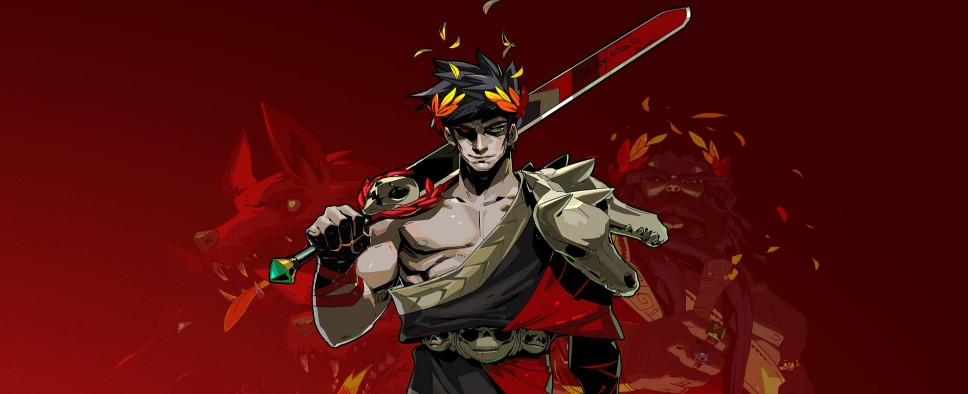Hades - Central Ideas
-
Category: News ArchiveHits: 922

Supergiant Games' award-winning action-RPG Hades will be coming to PlayStation 4 and 5 on August 13, 2021. And ahead of that release, the studio's creative director Greg Kasavin brings us this PlayStation Blog post where he talks about the central ideas behind Hades, and how it can be viewed as an amalgamation of Supergiant's earlier projects.
A quick excerpt:
We first started talking about the Hades project in the late summer of 2017, just weeks after the launch of our third game, Pyre. Our studio had recently celebrated its 10th anniversary, and we were in a reflective mood, thinking back on the different games we’d made. From Bastion, to Transistor, to Pyre, we jumped from one original setting and playstyle to another. However, a central goal in each project was to create a richly atmospheric, fully realized world for you to immerse yourself in. Practically speaking, that meant discarding our best ideas from our last project and starting from scratch. After all, we didn’t want our latest games to feel overly similar to their predecessors, and wanted each world to stand on its own. But, heading into Hades, the thought of yet again setting aside all our best ideas from the past felt needlessly limiting. Couldn’t we build on our best ideas and experience, rather than starting over yet again?
So, one of the foundational ideas behind Hades was to make it sort of a ‘greatest hits’ of everything we’d been able to accomplish and enjoyed doing in our previous games to that point. Here then were some of the central ideas behind Hades:
A ‘narrative rogue-like’. We were drawn to creating a game in the rogue-like format, meaning a game centered on replayability, where each time you die and start over, you get a different experience due to procedurally-generated encounters and other interesting bits of randomness. Despite this being a popular genre with many outstanding titles, we felt we could contribute something to it by placing a bigger emphasis on narrative and storytelling than the genre is typically known for. This approach would not only play to our strengths as a team, it would hopefully help open up the thrills of rogue-like games to more players.

